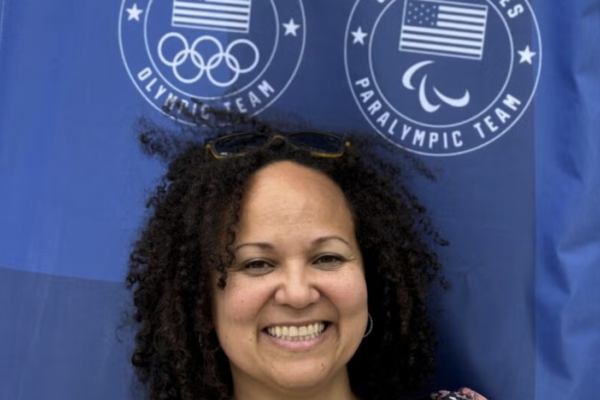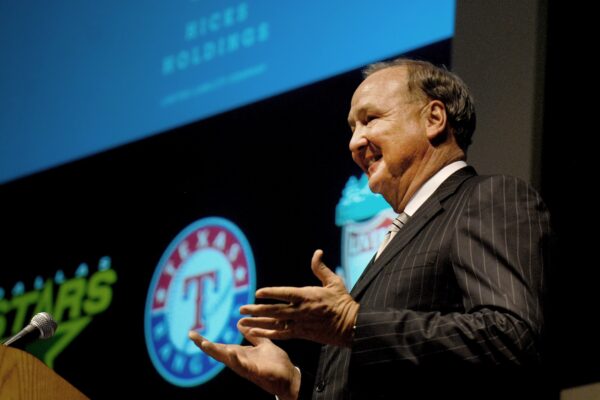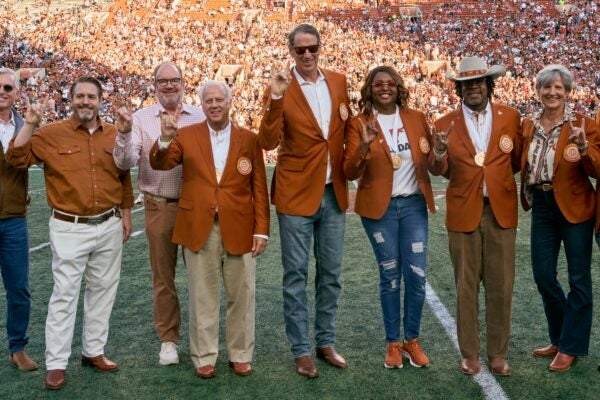Food as Medicine
Manasa Murthy, MBA ’19, is reimagining wellness at Texas retail giant H-E-B
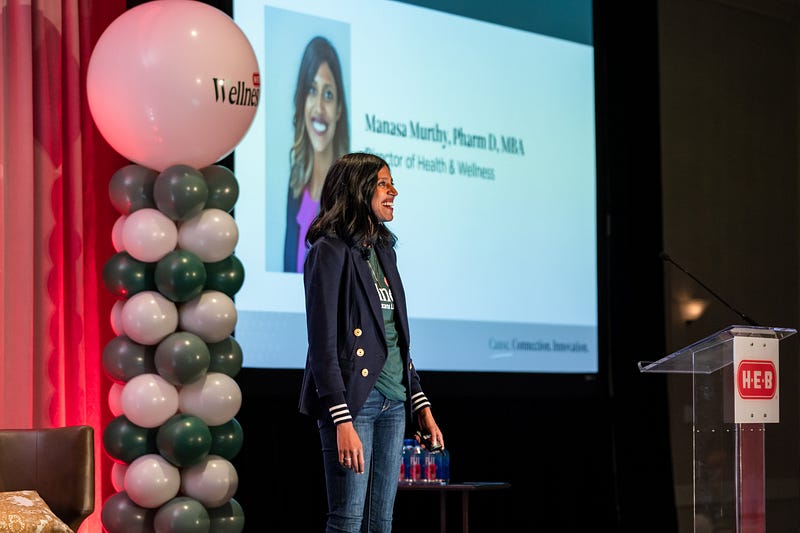
After four years as a critical care pharmacist in a hospital system, Manasa Murthy got frustrated with how business interests influenced care decisions. She took a career left turn and got a McCombs MBA. Today, she works for a very different employer: the iconic Texas supermarket chain H-E-B.
As director of health and wellness strategy, she oversees H-E-B’s innovative venture into health care. The company has 11 primary care clinics at stores in San Antonio, Houston, and Austin. These one-stop shops enable a customer to see a physician, dietician, physical therapist, or pharmacist — all without needing health insurance.
H-E-B Wellness is part of a national trend. The U.S. Census Bureau counts 2,000 retail clinics based in chains such as Walmart, Target, CVS, and Walgreens. Murthy spoke with McCombs magazine about putting food at the center of wellness and how she’s using her MBA. Her responses have been edited and condensed.
What attracted her to H-E-B
I was taking care of the sickest patients on a day-to-day basis. Many had comorbidities that could have been prevented. H-E-B is shifting the pendulum by focusing on the preventive side. What was also compelling was that Texas is big and has high health care needs, and H-E-B has significant market reach, and thus potential to change health. You can think about prevention on a scale you really couldn’t do anywhere else.
How food connects to wellness
Almost 50% of our customers are diabetic or prediabetic. Almost 60% of our customers are trying to shop for some kind of lifestyle or eat better. So, there’s an opportunity to educate them on the role of prevention. We’ve started to merchandise more lifestyle products, and we’re in the process of building a meal planning experience. At the end of the day, we feel like we can meet customers at various touch points and help to support their journeys.
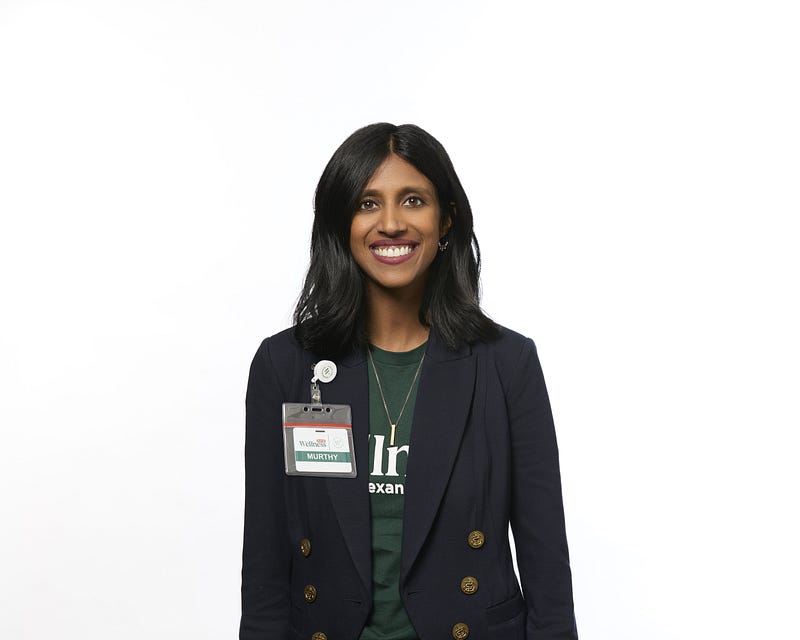
Why retail health care is booming
It’s becoming increasingly hard for patients to navigate the health care space because there are so many different players, and it’s so hard to get into a lot of clinics. There’s an opportunity for retailers to drive convenience and fill the gaps in the health care system.
How the “food is medicine” model differs
Incorporating dietitians into the clinical experience is a big part. Often, our customers will meet with them multiple times a year. They’re also walking the stores with you, showing you products, and curating them to your lifestyle needs and your budget.
Making primary care affordable
We attempt to democratize health care and make it more accessible. We have the option of one-time visits or a monthly subscription model. With a subscription price, you get 24/7 access to a medical provider, physical therapist, labs, and medication management. By not taking insurance, our doctors can spend much more time with patients. They’re not just focused on cutting costs.
Applying her McCombs experience
I worked with the Texas Health Catalyst program and with Capital Factory to look at early-stage startups and provide advice. The exposure to startups has been helpful, because I feel like, at H-E-B, we’re kind of a startup within this big company.
The future of retail health care
We have an opportunity to show a better care model that others can replicate in other areas. We can show that this model, which doesn’t accept insurance and is focused on prevention rather than reactionary care, has legs. We’ll start to see the impact of nutrition in terms of long-term health outcomes and how those outcomes change in Texas.
How H-E-B got into health care
We’re the biggest private employer in Texas, and our clinic started out for our employees. The reason for offering physical therapy, for example, is that a lot of our partners in stores are lifting and having back injuries. We found that by doing those things up front, we were reducing longer term costs, like the need for surgeries. In the last few years, we’ve found that we have a lot of capacity for customers as well, so we’ve made our clinics customer-facing.
Favorite MBA class
Mine was financial statement analysis, which would seem pretty dry. But professor [Patrick] Badolato brings out the beauty of strategy. How do we look at a company’s different assets, and how do we make decisions based on its customers and the marketplace? We did a cool case study about meal kits, and it’s interesting to me now, as we think about a meal strategy for wellness.
Going overseas with McCombs
We took a Global Connections tour. We went for a week-and-a-half to South Africa, where we focused on sustainability. We helped a female founder with her marketing strategy. She was using pineapple tree fibers to create diapers. In a landfill, your average diaper doesn’t degrade for 500 to 600 years. These were actually biodegradable.
– Steve Brooks
This story appeared in the Fall 2023 issue of McCombs magazine.
About this Post
Share:
